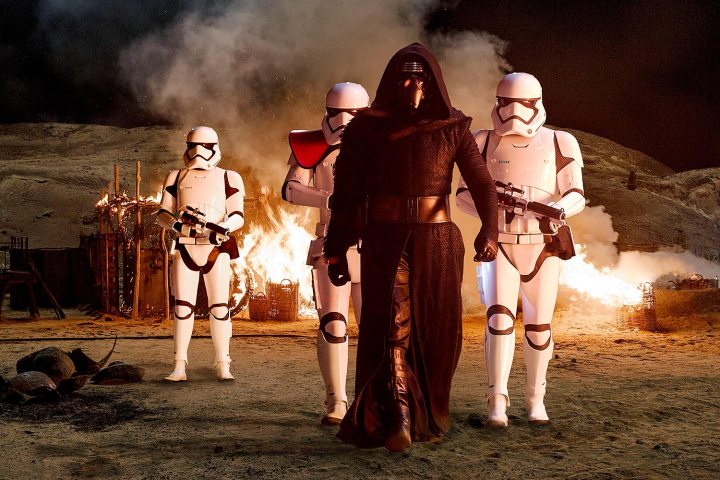
The news broke by way of a blog post published by Respawn’s Stig Asmussen yesterday, and the message gave the sense that the studio is beyond excited to be working on the project. “For me, just typing these words is surreal,” wrote Asumssen. “I have been playing Star Wars games my whole life, now I get to make a Star Wars game.”
Not much is being said about the project at present, other than confirmation that it will be a third-person action/adventure game. Respawn is hiring specifically for the new project, aiming to fulfill roles ranging from concept artist to level designer.
However, it seems likely that the studio’s Star Wars title won’t be hitting shelves for a little while. At present, Respawn is focusing on Titanfall 2, a sequel to 2014’s well received multiplayer shooter that’s set to be given a full reveal at E3 next month.
The conference could well see the official unveiling of another Star Wars title under development at one of the studios that’s confirmed to be working with EA on the property. A Star Wars Day blog post from the publisher confirmed that Visceral Games, BioWare, and Motive Studios all have projects still under construction.
Fans will be eager to hear if any of those games will be ready to release before the end of 2016, as it was expected that last year’s Battlefront would mark the start of an annualized release schedule for Star Wars titles. Visceral Games’ mysterious project seems like the most likely candidate, but since we’ve seen very little of it to date, it’s still a major question mark.
Editors' Recommendations
- 3 great Xbox Game Pass titles you should try this weekend (April 26-28)
- The next Battlefield game is in development with help from Dead Space studio
- Star Wars: KOTOR remake developer reportedly sold by Embracer Group
- Apex Legends is reinventing itself again for its 5th anniversary
- 2023 set an incredibly high bar for video game sequels


